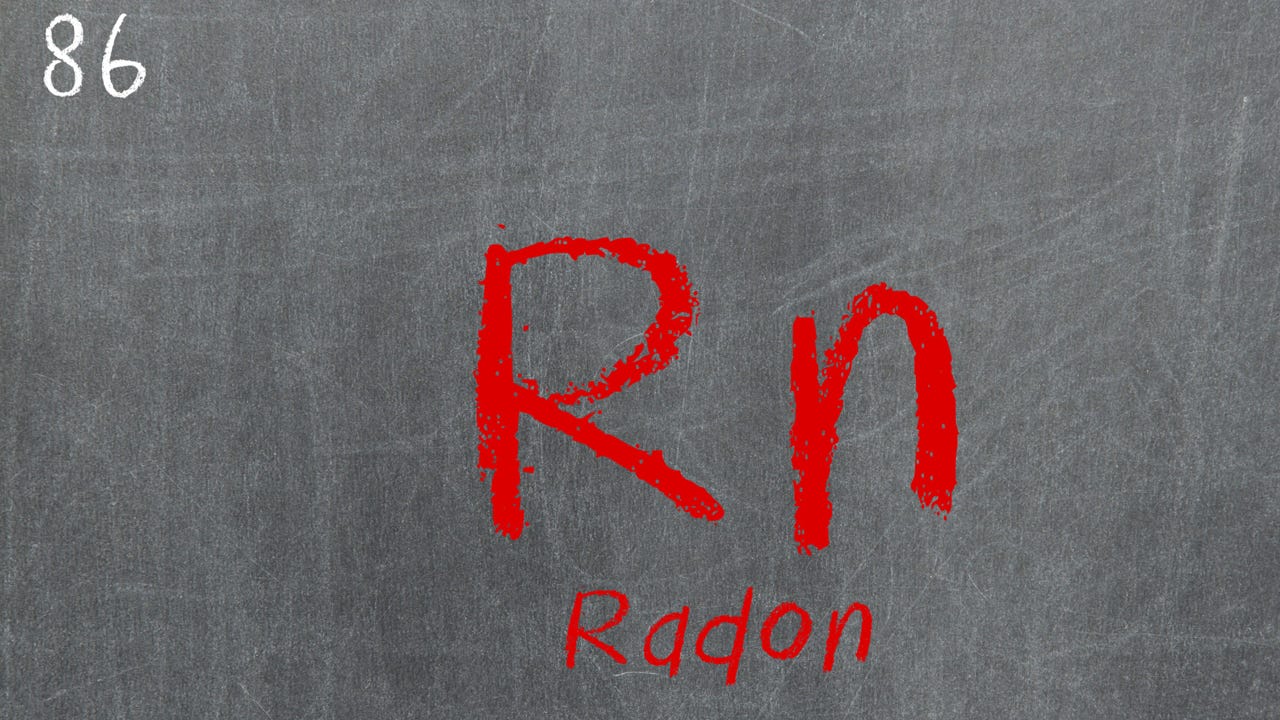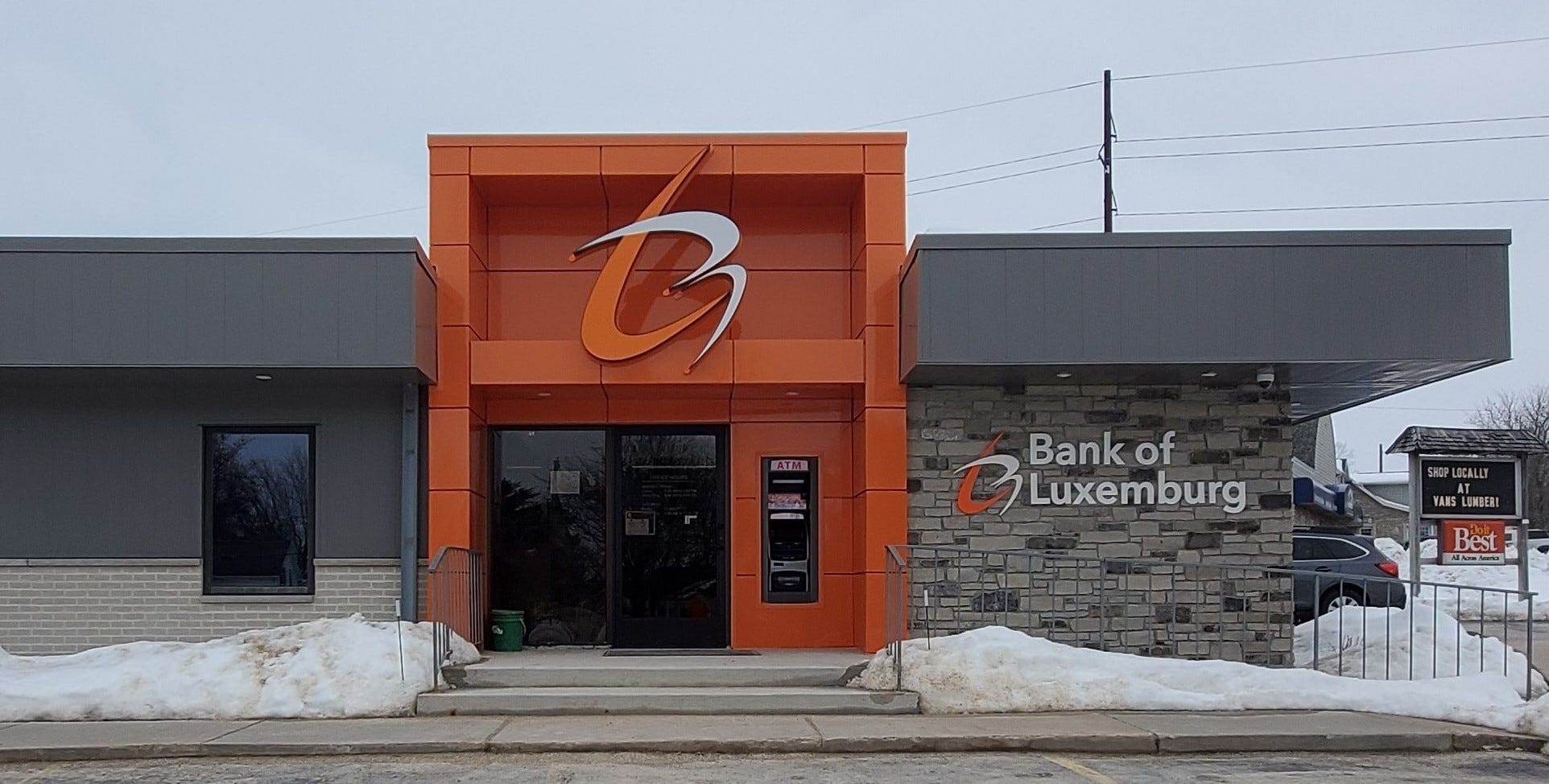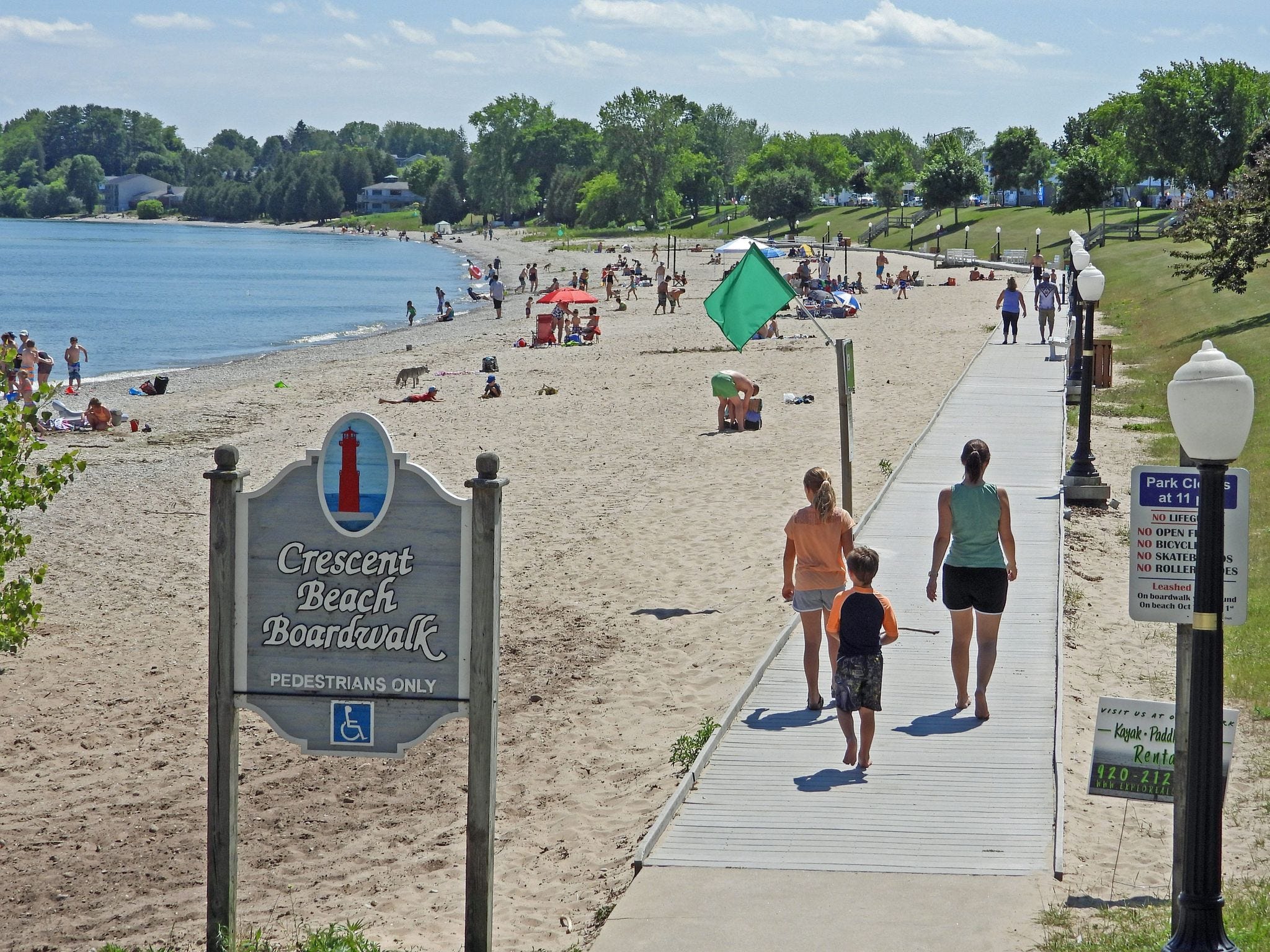Kewaunee County Health Department urges homeowners to test for radon in January

KEWAUNEE COUNTY – January is National Radon Action Month and the Kewaunee County Health Department, the Wisconsin Department of Health and Family Services and the U.S. Environmental Protection Agency are encouraging everyone in Kewaunee County to learn more about radon and how to protect themselves and their families from being exposed to it by testing their homes for signs of radon.
Radon is a radioactive and odorless gas that comes from trace amounts of natural uranium in the ground. Radon seeps through cracks and openings in the basement and foundation of homes.
Breathing indoor air with high levels of radon can lead to lung cancer. Radon is the second-leading cause of lung cancer, after smoking, and the leading cause of lung cancer among nonsmokers.
Five to 10 percent of homes in Wisconsin have elevated radon levels on their main floors. Systems can be installed to reduce radon levels.
The EPA recommends that homeowners fix their homes if radon levels are found to be 4 picocuries per liter or higher. Levels of less than 4 pCi/L still pose a risk and in many cases can be reduced.
Homes with high levels are found in all regions of Wisconsin, including Kewaunee County. The levels can vary greatly within neighborhoods, so all residents should test their home.
Testing for radon is easy and inexpensive. The Kewaunee County Health Department sells short-term test kits for $6, which includes analysis.
To obtain a test kit, stop in at the Kewaunee County Health Department, 810 Lincoln St., Kewaunee; or call 920-388-7160.
For information on local radon levels by zip code, how to test, health risks, and how to reduce radon in a house, go to the Wisconsin Department of Health and Family Services website at www.lowradon.org or call the Northeast Wisconsin Radon Information Center at 920-683-4454.
This article originally appeared on Green Bay Press-Gazette: Kewaunee County Health Department urges homeowners to test for radon in January






